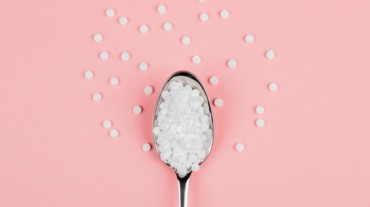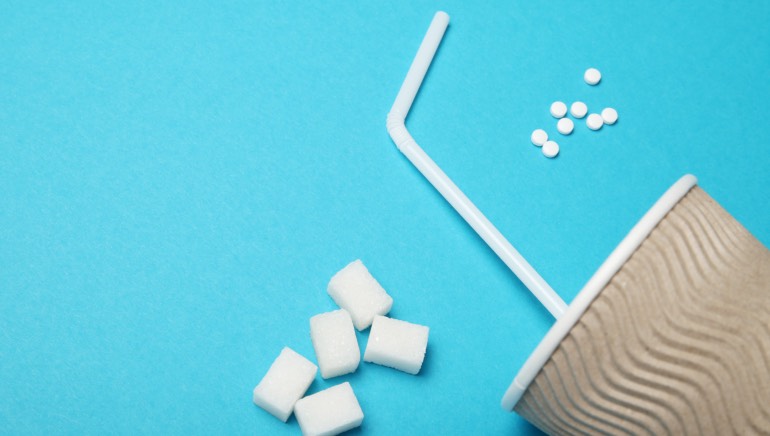
If you love everything sweet but hate the calories that come with it, then we bet artificial sweeteners hold a special place in your life. Especially during pregnancy when cravings are at an all-time high and extreme weight gain a concern, artificial sweeteners come as respite.
But even do artificial sweeteners can keep the calories and weight gain at bay, they can have repercussions for your unborn baby. In fact, a study published in the journal Gut states that the use of low-calorie sweeteners by pregnant women can lead to higher body fat levels in their kids.
Artificial sweeteners impact the gut microbiome in foetuses
The gut microbiome consists of microorganisms that inhabit our intestinal tract in trillions, which can influence our health and risk of numerous diseases. So when to-be-mothers take artificial sweeteners, they disrupt this function in their unborn kids.
“Low-calorie sweeteners are considered safe to consume during pregnancy and lactation, however evidence is emerging from human studies to suggest they may increase body weight and other cardiovascular risk factors,” says Dr Raylene Reimer, lead author of the study and a University of Calgary professor in the Faculty of Kinesiology, and Department of Biochemistry & Molecular Biology at the Cumming School of Medicine.

Stevia is no better either
“Even stevia, which is hailed as a natural alternative to aspartame and other low-calorie artificial sweeteners, showed a similar impact on increasing offspring obesity risk in early life,” says Reiner.
Also read: Hear it from an ob-gyn–The dos and don’ts of exercising during pregnancy
Aspartame, an artificial sweetener, and stevia, a natural low-calorie sweetener extracted from a plant native to South America, are 200-400 times sweeter than sugar. Stevia, gaining popularity, was historically used in Paraguay and Brazil to treat diabetes and is an emerging ingredient in many natural products and protein drinks.
Daily consumption of these sweeteners is associated with large babies and early menstruation in young females (under 10 years), a known risk factor for chronic diseases. Additionally, the presence of some but not all of these sweeteners has been detected in breastmilk presenting a potential mode of transmission, according to the study.
“Understanding the impact of dietary ingredients on maternal metabolism and gut microbiota may help to define the optimal maternal diet, one which promotes a healthier future for both mother and child,” says Reimer.
Our understanding of how sweeteners affect weight gain is not complete but there is reason to believe that alterations in the gut microbiota may play a key role.
Select Topics of your interest and let us customize your feed.
PERSONALISE NOW